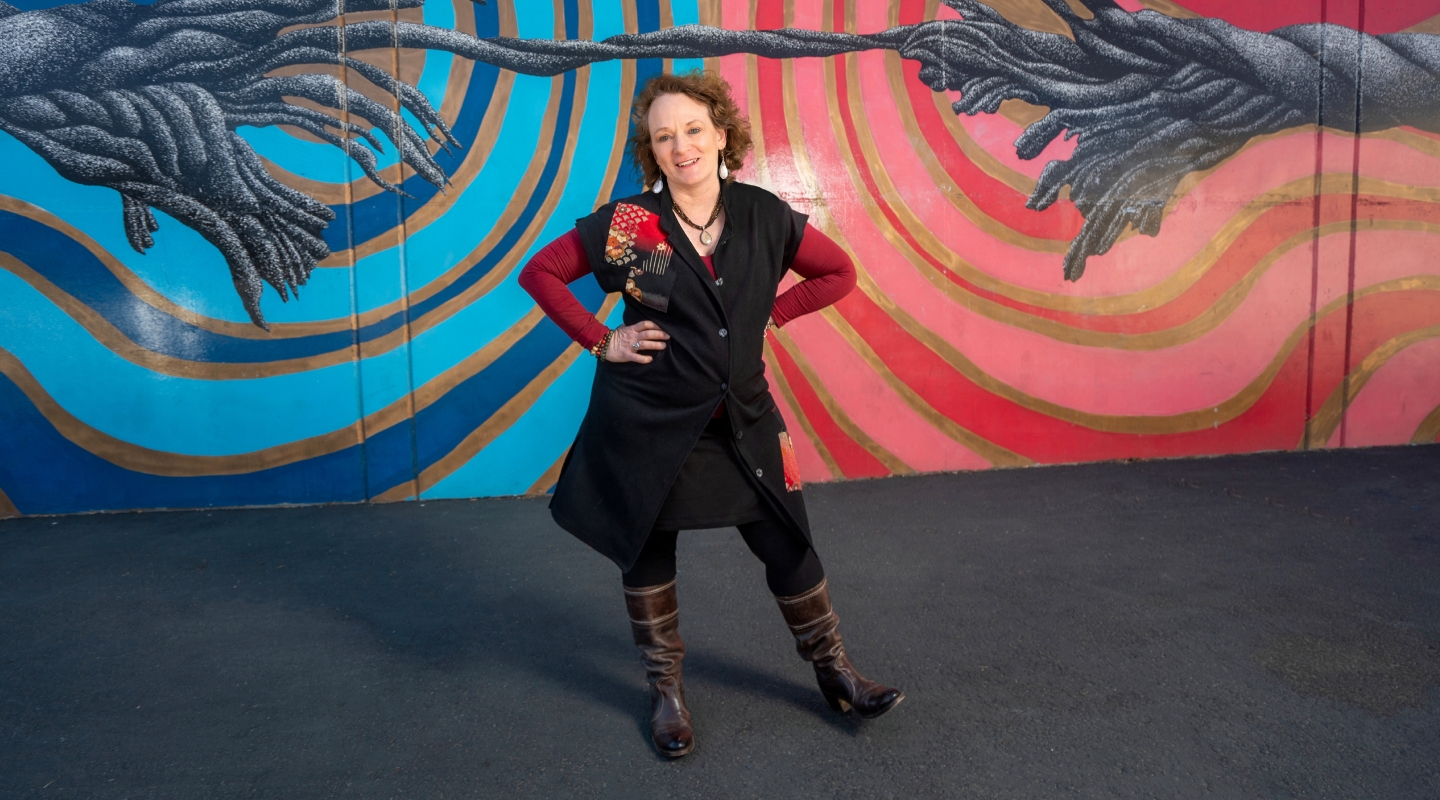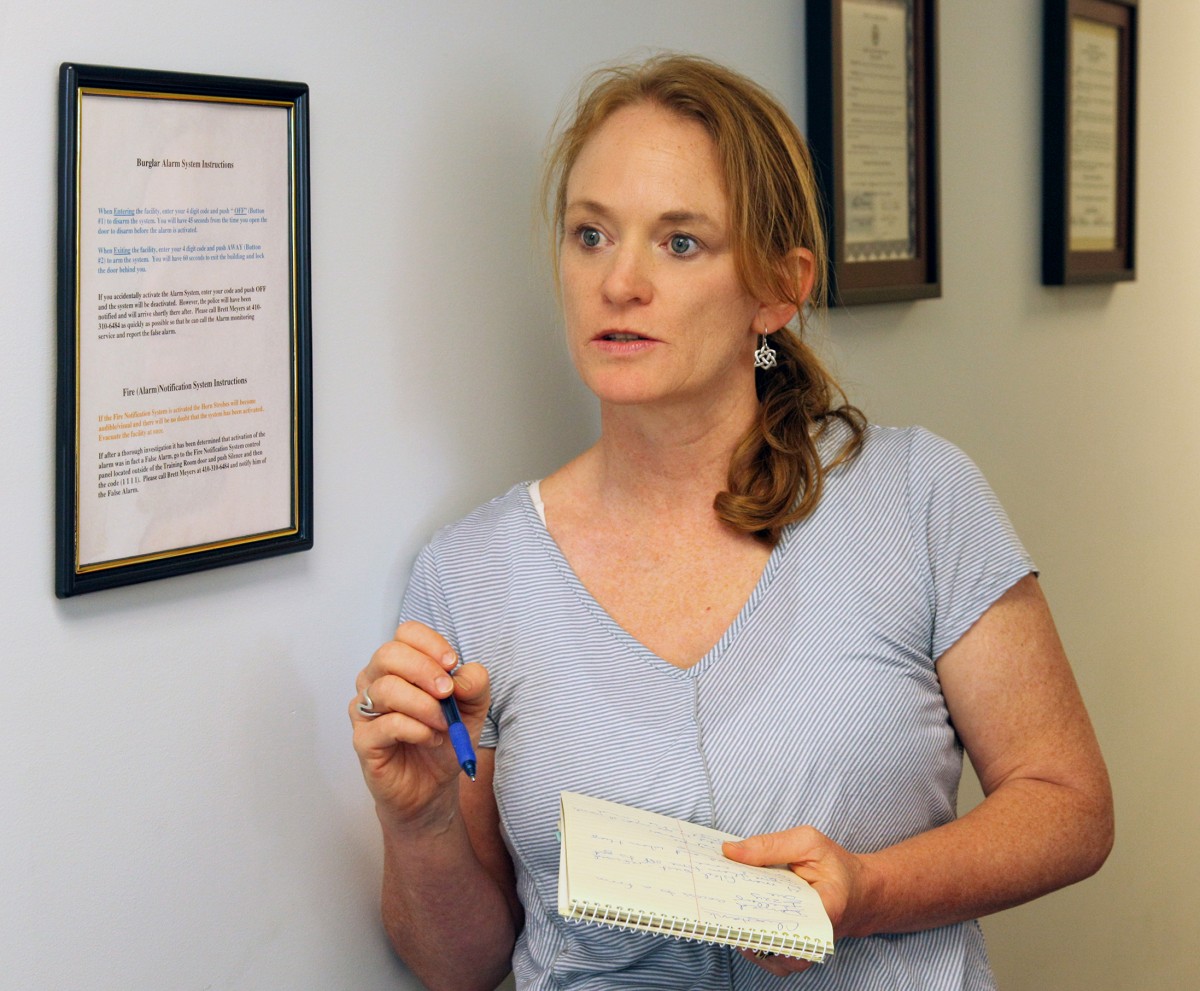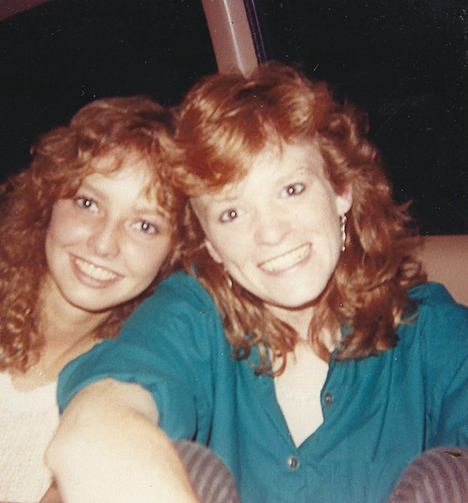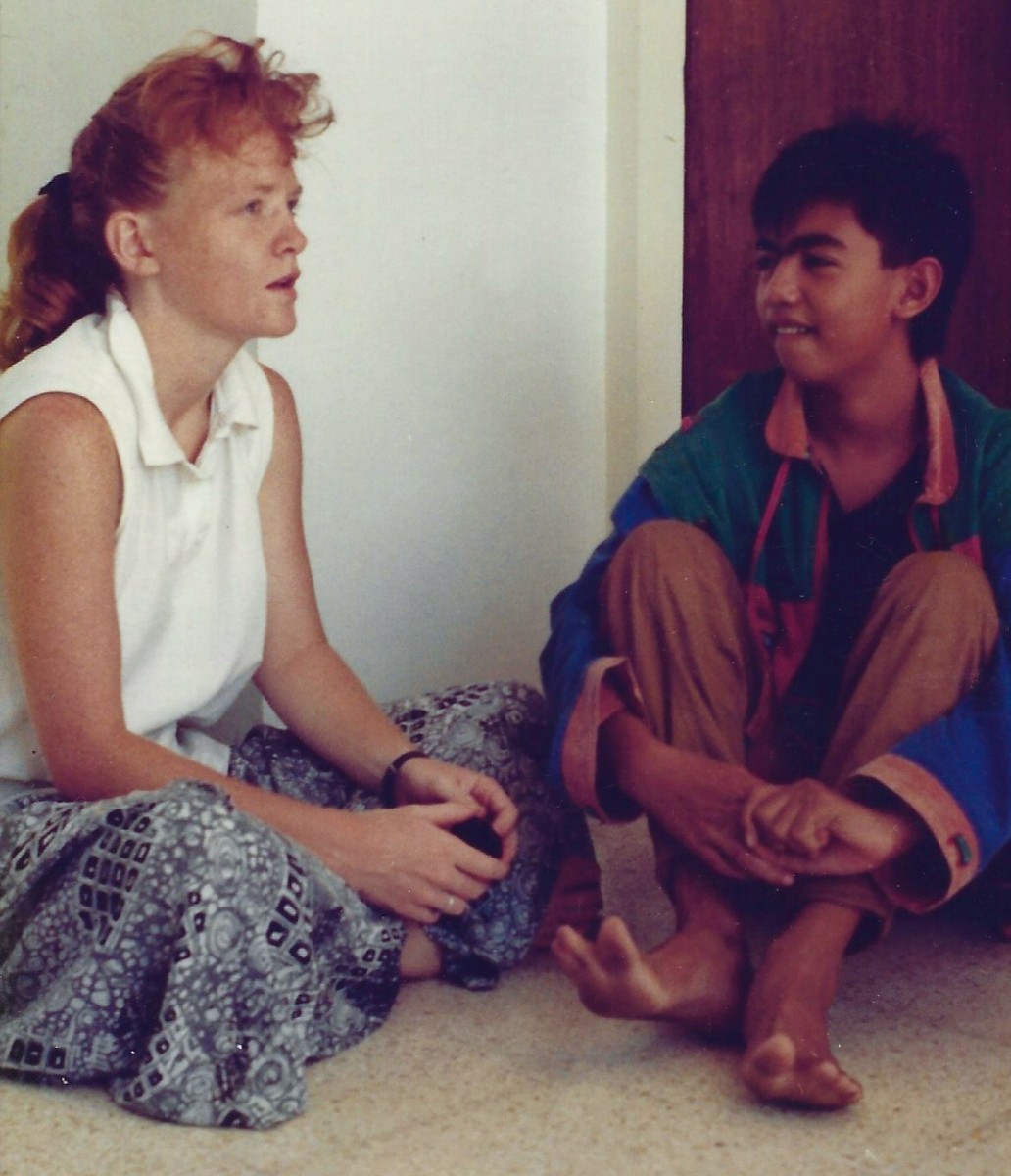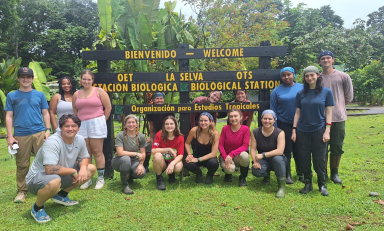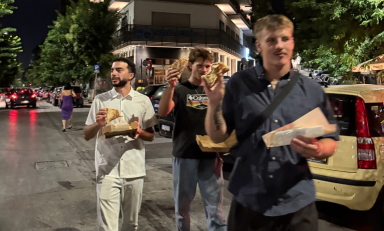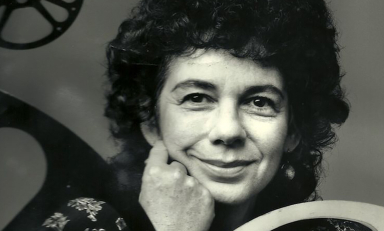Jillian Hopewell ’89 has spent her career advocating for better care for underserved populations—and a $5 million gift will boost those efforts
As a teenager in Berkeley, Jillian Hopewell ’89 was not keen on uprooting her life to move to Peru. “My parents took me kicking and screaming,” she recalls. "But I ended up loving everything about it. Nobody knew me, so I could be totally different. I decided I would present myself as a confident person.”
“Peru provided me an opportunity to reinvent myself against the backdrop of a shifting kaleidoscope of new people, cultures, food, and experiences,” says Hopewell, who oversees the West Coast office of the nonprofit Migrant Clinicians Network (MCN), the oldest and largest clinical network dedicated to improving health care for underserved migrants.
Living abroad in other third world countries—including Indonesia, Ecuador, Paraguay, and the Dominican Republic, where she spent a summer during her college years running a public health and development program—was a clarion call to service.
Following the emergence of COVID in 2020, MCN worked with American farmers to take basic measures to protect their employees, like allowing workers who tested positive to self-quarantine. “Growers were suddenly more interested in collaborating with the health-care system, because they understood that in order to have a functional workforce, they needed to have a healthy workforce,” Hopewell says.
One of the biggest challenges is getting migrant workers to get health care in the first place. In March, MCN received a $5 million gift—the largest in the organization’s history—from author and philanthropist MacKenzie Scott, which MCN will use to continue “urgently and effectively filling the gaps” in care for vulnerable populations.
The organization also pushes for legislation around the country to protect migrant and immigrant workers who are frequently left out of basic worker protections like on issues of overtime pay, equitable access to vaccines, and heat stress—the latter a growing concern as the climate crisis progresses. More recently, the organization has begun virtual care coordination for asylum seekers who arrive at the U.S.-Mexico border.
Hopewell’s sensibilities are strongly influenced by her Oxy experience. She chose Occidental after she and a classmate at Lima’s American School, Astrid Raczynski ’89, took a West Coast road trip to visit eight college campuses. Loading up on junk food that was unavailable in Peru, the pair cruised the coast in Hopewell’s mother’s Toyota minivan to the sounds of the English Beat, R.E.M., and Violent Femmes.
“Oxy wasn’t even really on our radar, but we thought, ‘Well, we’re here, we’ll check it out,’” adds Hopewell, following a gut feeling about the College. “When we got to Oxy, we just thought, ‘This is it.’ We both loved it.’”
Hopewell had always planned on going to medical school, but she changed her mind after not feeling any zeal toward chemistry courses. She became a public policy major after enrolling in what was then a new interdisciplinary program in public policy created by Derek Shearer, the Stuart Chevalier Professor in Diplomacy and World Affairs.
The course’s nine students were an eclectic mix of political leanings and academic interests. While Hopewell was interested in international development, one classmate’s passion was gender politics. All the while, Shearer “respected and encouraged our individual points of view,” Hopewell says. “I felt supported and was allowed to grow.”
“Jillian was one of the top students in the original group,” says Shearer, who joined the Oxy faculty in 1981. “She combined a top-notch intelligence with a commitment to social justice and a deep tenacity of spirit. She also had a wry, wicked sense of humor.”
After graduation, Hopewell studied indigenous political movements in Ecuador on a one-year Thomas J. Watson Fellowship. She worked near the Amazon River, where residents battled oil companies over what they alleged were illegal land grabs.
Hopewell went on to earn a pair of master’s degrees from the University of Texas at Austin (her thesis addressed tuberculosis control on the U.S.-Mexican border). That’s when she interviewed with MCN, which offered her a job. Today, the married mother of three reckons with health disparities magnified by a pandemic and social upheaval.
While solidarity has been tough to find during the pandemic, and while COVID has exposed systemic racism in how health care is provided to marginalized groups, Hopewell remains optimistic. “I think there’s been a renewed understanding of what the role of public health is,” she says. “I’m hopeful that if things can simmer down, people can really look for solutions together.”
Faught wrote “Head First” and “We Meet Again” in the Fall 2021 magazine.

